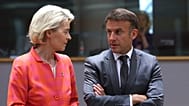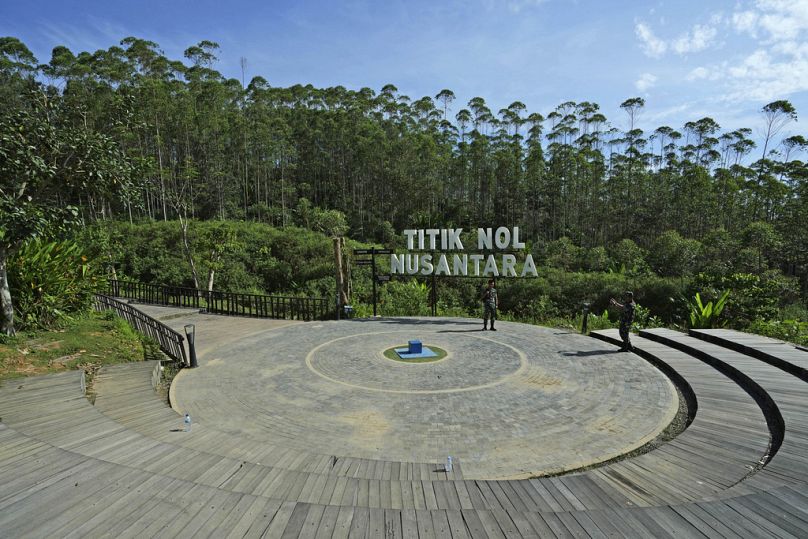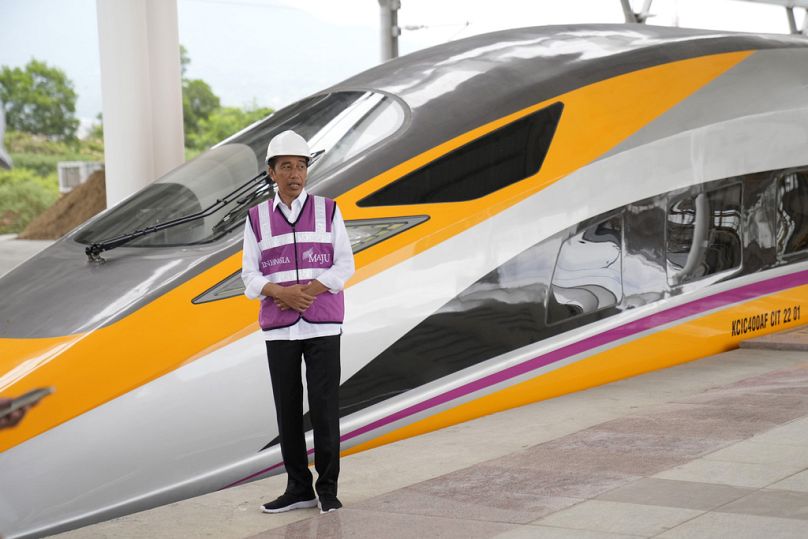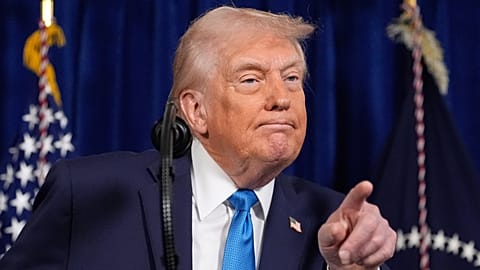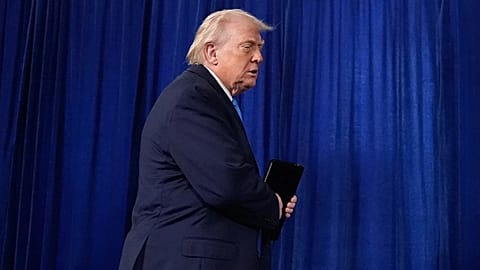Only through holistic national strategies, underpinned and underwritten by the international community, we can achieve a truly just and sustainable global green transition. Our European partners are a much-needed friend in that process, Azis Armand writes.
In today's ever-changing world, one country in Southeast Asia has taken a particularly bold approach to the green transition: Indonesia.
Its approach is built on three primary pillars that not only tackle immediate local environmental issues — such as clean water, clean air, and sustainable production — but also present a comprehensive long-term strategy to protect our world while guaranteeing energy security.
Unlike Europe, Indonesia's green transition benefits from rich nickel and other resources that are integral to producing electric vehicle (EV) batteries.
Currently, Indonesia has the capacity to produce batteries for only 30,000 vehicles.
However, if this reserve is properly utilised for EV production, it could play a pivotal role in achieving Indonesia's ambitious target of producing 600,000 EVs by 2030, positioning it as a truly global leader in this field.
Burning questions for every nation under the sun
Indonesia's active involvement in producing batteries for electric vehicles (EVs) is a significant step in the growing EV market. And this move holds great potential and goes beyond the obvious economic benefits, such as job creation.
It highlights the country's understanding of the transformative power of clean and sustainable transportation, which is desperately lacking in Southeast Asia as a whole.
The second pillar is built on finance and international cooperation, with Europe at its core, built on the ground-breaking Just Energy Transition Partnership (JETP), an agreement which elevated Indonesia onto the global stage of environmentally responsible nations.
The partnership cemented a substantial commitment to mobilise $20 billion (€18.4bn) in public and private funding made by the international community on 15 November 2022 at the G20 Leaders’ Summit held in Bali.
The funds are not only vital to substantiate Indonesia's intent to transition away from coal, but they are also an international acknowledgement of the nation's efforts — and critical global role — in the wider green transition.
The slogan "Just Transition" goes far beyond rhetoric, encapsulating a socio-economic imperative that necessitates careful consideration of social equity, job creation, environmental justice, and community engagement.
In positioning Indonesia as a torchbearer for a just transition, outgoing President Joko Widodo, known as Jokowi, has presented a compelling argument for nations of the global south to re-evaluate their own energy strategies, acknowledging the importance of inclusivity in the pursuit of sustainable development.
The third pillar of green urbanisation is a burning question faced by almost every nation today.
The establishment of a new capital city for our nation, Nusantara, which has been designed as a smart and sustainable forest city, symbolises a bold, visionary leap into the future of green urban planning.
Europe has a role to play in our plans
Indonesia's three-pillared approach therefore has the potential to serve as a holistic, green transition playbook.
But no country can go it alone.
In fact, President Jokowi recently called upon the West to fulfil the aforementioned JETP €18.4bn commitment. In a recent candid interview, he expressed "tremendous" concern over the delayed funds, emphasising the crucial role it plays in financing Indonesia's green energy transition, particularly in accelerating the closure of coal-powered plants.
President Jokowi's public intervention in the delayed financing also comes against the backdrop of intense geopolitical interest in the region. Europe has a role to play.
When the JETP funds are finally realised, Indonesia's position as a leader in renewable energy will be cemented, serving as a case study on how international cooperation can help nations of the global south tackle the urgent problems of environmental degradation and climate change.
Climate change does not differentiate between race, ethnicity, or nation; nor does it recognise borders.
Only through holistic national strategies, underpinned and underwritten by the international community, we can achieve a truly just and sustainable global green transition. Our European partners are a much-needed friend in that process.
Azis Armand is Vice President Director and Group CEO of Indika Energy.
At Euronews, we believe all views matter. Contact us at view@euronews.com to send pitches or submissions and be part of the conversation.



